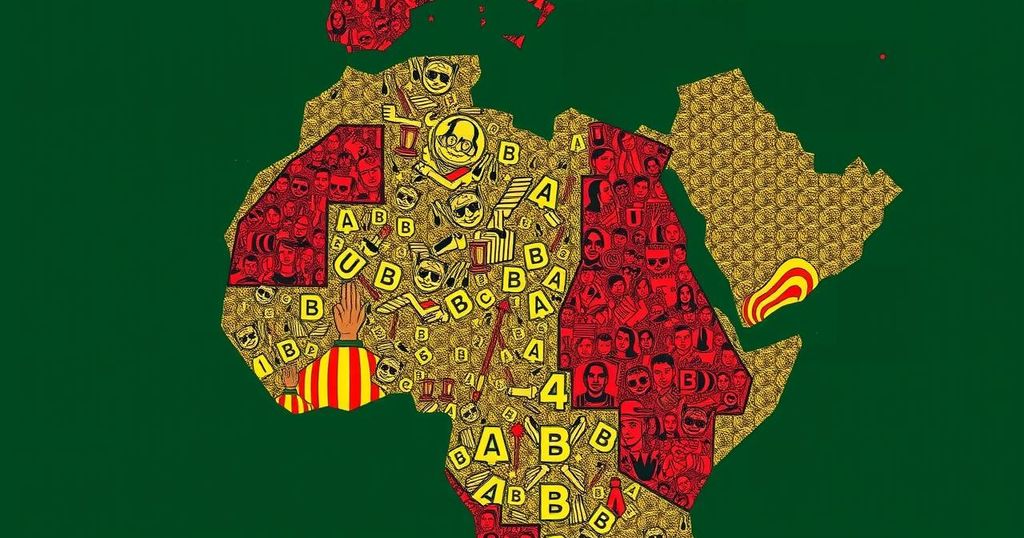What Divided African Democracies Can Teach America
The article discusses the threat of electoral violence in Africa, highlighting the importance of trust in democratic systems. It examines Ethiopia’s recent elections as a cautionary tale, contrasts it with Gambia’s successful collaboration among political factions, and presents Nigeria’s ongoing struggles with low voter engagement. Ultimately, it emphasizes the need for fair electoral frameworks to prevent violence and maintain democratic integrity.
Elections in many parts of Africa are fraught with tension, often becoming stages for violence rather than celebrations of democratic ideals. The perspective of candidates set to lose is pivotal, as their willingness to accept defeat largely hinges on their trust in the electoral system’s integrity. If the losing parties believe the elections to be unfair, they may resort to violence, not as an isolated act, but as a consequence of a fractured sense of democracy. The case of Ethiopia is particularly illustrative; its 2020 elections exposed deep inequalities and manipulations, resulting in an escalation of conflict involving ethnic identities and political factions. The postponement of the elections, initially claimed to be due to the COVID-19 pandemic, exacerbated tensions and resulted in significant violence. Conversely, Gambia’s recent elections showcase how collaborative efforts, including codes of conduct facilitated by civil society, can help foster a peaceful political environment. In Nigeria, however, the instability of a polarizing electoral landscape has manifested in diminished voter turnout and rising cynicism towards the electoral process. Moving forward, the lesson lies in understanding that electoral violence is rooted in broader systemic issues beyond mere voting outcomes. To safeguard democracy, nations must focus on constructing a fair electoral infrastructure, emphasizing conflict resolution and community engagement. Establishing a political climate characterized by inclusivity, transparency, and a commitment to minority protections can significantly mitigate the risk of violence. Ultimately, a credible electoral framework is foundational not only to maintaining peace but also to reinforcing the public’s trust in democracy itself.
Elections across various African countries often involve significant turmoil, reflecting broader societal and political fractures. The dynamics at play in these elections underscore the underlying tensions associated with ethnic identities and power struggles. As evident in cases like Ethiopia and Nigeria, the perception of electoral integrity is crucial in determining public responses to electoral outcomes. Such environments can lead to violence when electoral processes lack transparency or fairness, therefore highlighting the vital need for robust democratic institutions that encourage peaceful transitions of power. The experiences of other African nations can provide critical lessons for similar democracies, such as the United States, which may face heightened polarization and unrest during elections.
In conclusion, the prevention of electoral violence requires not only safeguarding the electoral process but also addressing the broader political climate. Emphasizing the significance of trust, inclusivity, and transparency in electoral systems can lead to enhanced democratic engagement, ultimately reducing the propensity for violence. The lessons learned from African democracies underscore the importance of confronting systemic issues and fostering environments conducive to peace and collaboration, rather than division and conflict. Therefore, both emerging and established democracies must prioritize reforms that bolster public confidence in the electoral process and commitment to fair governance.
Original Source: foreignpolicy.com




Post Comment